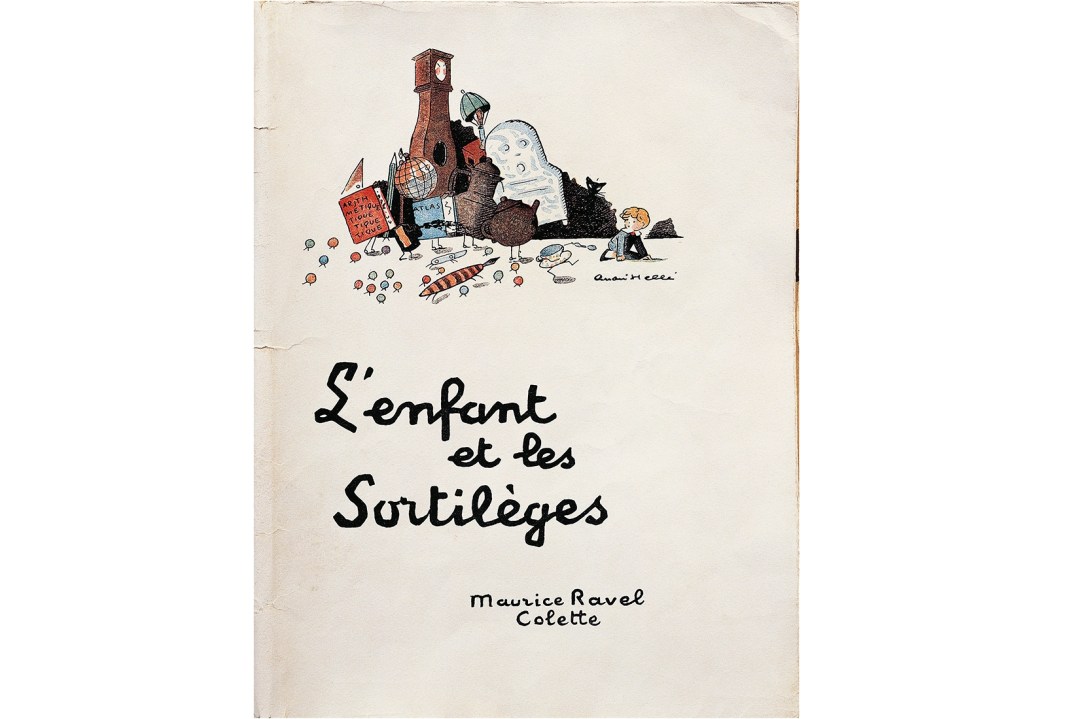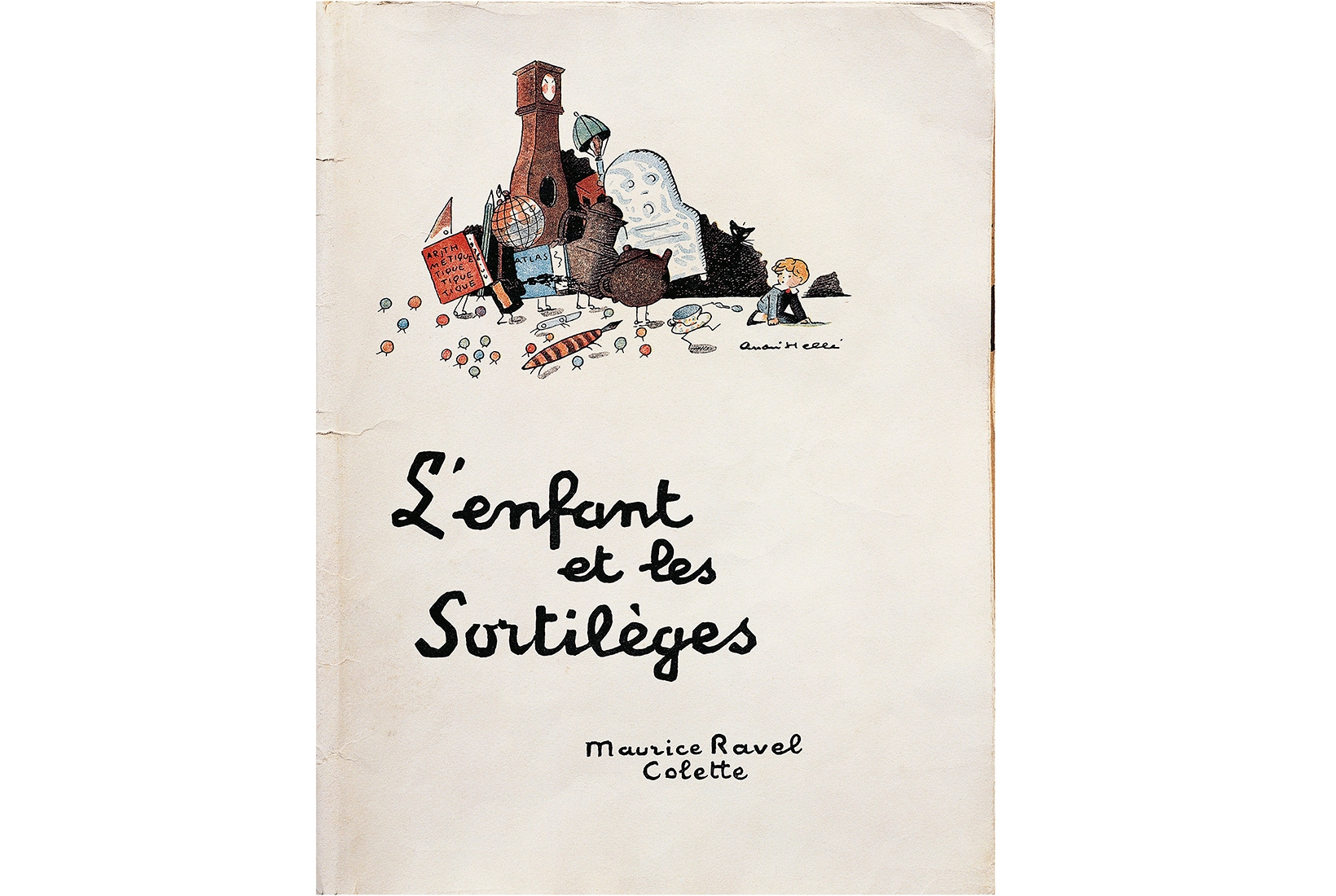‘I don’t want to do my work. I want to go for a walk. I want to eat all the cakes… to shout at everybody!’ Which of us hasn’t felt like this at some point during the past ten weeks? The small child at the centre of Ravel’s L’enfant et les sortilèges speaks for us all as he rages against the restrictions of his suddenly enclosed and joyless world.
Shut in the schoolroom until he finishes his homework, the little boy lashes out, spilling ink on the carpet, smashing the crockery, snapping the pendulum off the clock, tearing the wallpaper and terrorising the cat. But just as his tantrum is exhausted he finds that the tables have turned as the furniture, objects and animals that surround him come to life and scold him for his behaviour.
Enchanting and elegant, its flirtations with ragtime, baroque dance, Puccini, Bellini and even Wagner orchestrated with dazzling skill, Ravel’s opera has always been a favourite. But since the start of lockdown it has become something more: a musical expression of frustration, fear and anger, but also its cure.
A chipped Chinese cup and a teapot dance a sardonic foxtrot (accompanied by a cheese grater)
It’s no coincidence that L’enfant was conceived in conflict and born in a world still traumatised by recent history. Excited by the commission from the Paris Opéra, the novelist Colette wrote the libretto in just eight days in 1916. But with Ravel on active service — not, as he desperately wished, in the air force, but driving munitions across the country — the text wasn’t set to music until the 1920s. The opera may be a story of childhood, but it is in no way childish; it’s a fairy tale, but it is neither an evasion of horror nor a regression from it.








Comments
Join the debate for just £1 a month
Be part of the conversation with other Spectator readers by getting your first three months for £3.
UNLOCK ACCESS Just £1 a monthAlready a subscriber? Log in